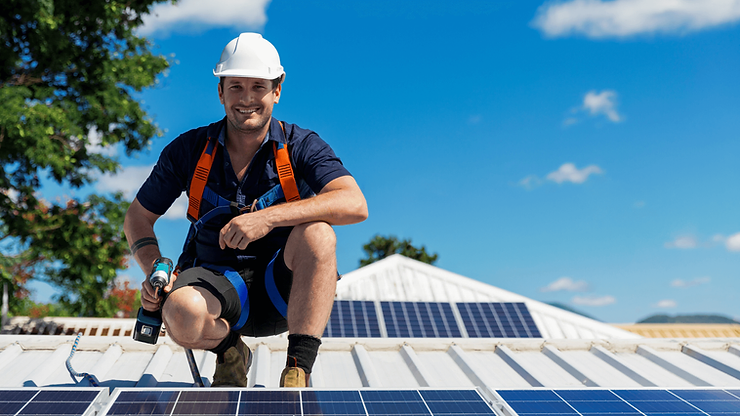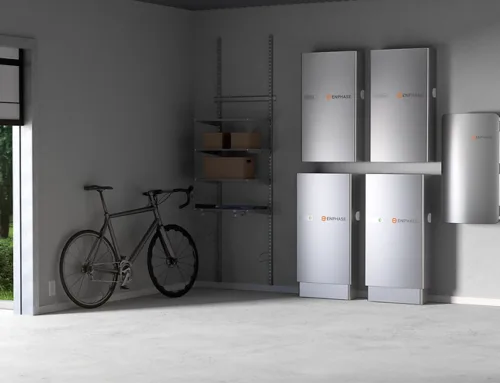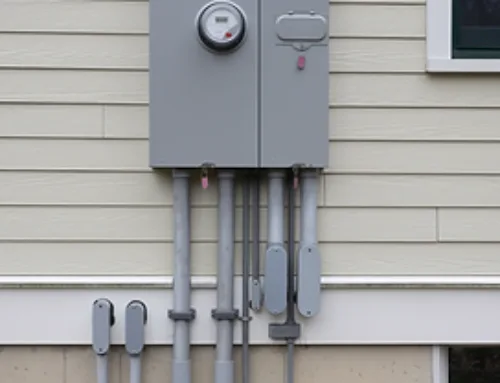
Introduction
Probably the most common question we hear is “How much does solar cost?” Luckily the Lawrence Berkeley National Laboratory (LBNL) publishes an annual study answering just this question. The study is entitled “Tracking the Sun, Pricing and Design Trends for Distributed Photovoltaic Systems in the United States”. https://emp.lbl.gov/publications/tracking-sun-pricing-and-design
This is by far the best study and analysis of the data. It is both rigorous and comprehensive. This study was published most recently in November 2019 and studied prices in the 2nd half of 2018 and the 1st half of 2019.
Solar systems are typically priced on a per watt basis. For example, if you purchased a system for $24,000 and it had 20 – 300 watt panels for a total of 6000 watts, you paid $4 per watt ($24000/6000 watts = $4/watt).
Note that this is not the amount of electricity your system will produce which is a much more important number. The amount of electricity produced from any given system depends on size, orientation, tilt, location, weather patterns, and shade. Calculating production is a complex calculation best handled with software. This calculation is discussed in a separate companion article.
The Price of Solar
The most important variables in price for residential installations include location (the state in which the system is installed), inverter type (micro inverter, optimizers, or string inverter), and system size.
The LBNL study found that the median price for solar in the U.S. is $3.70 per watt. The study also found that the median price in California is 10 cents per watt higher than the national average. Adding micro inverters or optimizers adds another 10 cents per watt to the price. Finally, the survey was conducted one year ago, and prices have dropped over the year by 10 cents per watt. Summing these numbers results in a current median price in California for a system with micro inverters/optimizers of $3.80 per watt.
$3.80 per watt is the median price for the median size system. But few systems are exactly 6.4 kw (the median sized system in the study). System size affects price too. Larger systems cost less than smaller systems, primarily due to fixed costs being a larger part of the total cost for smaller systems. For example, in Northern California fixed costs include a $145 fee to PG&E, a building permit fee, drafting of permit ready plans, labor hours for a person to process the permit, and miscellaneous expenses. On average these fees total just under $1000 per system regardless of size. For a smaller system of 3000 watts, this would equal 33 cents per watt. For a larger system, say 12000 watts, this would equal 8 cents per watt.
The LBNL study presents averages. As with all home improvements, prices will vary with each particular installation. For example, if a service panel upgrade is required, this will increase costs. If the roof is a particularly complicated architecture, this too will increase costs.
Conclusion
For a median price system installed on an average home, you should expect to pay approximately $3.80 per watt. For smaller systems the cost per watt will generally be higher and for larger systems the price per watt will generally be lower.
Because each home is different, it is important to get at least 3 quotes. The proper way to compare proposals is to compare guaranteed production (not wattage), cost, the financial wherewithal of the component manufacturer (because they all offer 25 year warranties and you want to be sure they are around to honor the warranties), and the reputation of the installer. Then pick the installer with the best proposal and GO SOLAR. It is almost always cheaper than the utility company.
If you would like more information about adding solar to your home please go to https://www.sunriversolar.com/solar-specials and fill out the contact form or call us at (530) 798-4722.
THINK LOCAL AND SAVE
Phone
Working hours
| Monday | 7 AM–4:30 PM |
| Tuesday | 7 AM–4:30 PM |
| Wednesday | 7 AM–4:30 PM |
| Thursday | 7 AM–4:30 PM |
| Friday | 7 AM–4:30 PM |
| Saturday | Closed |
| Sunday | Closed |







